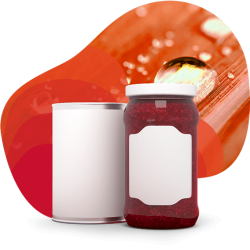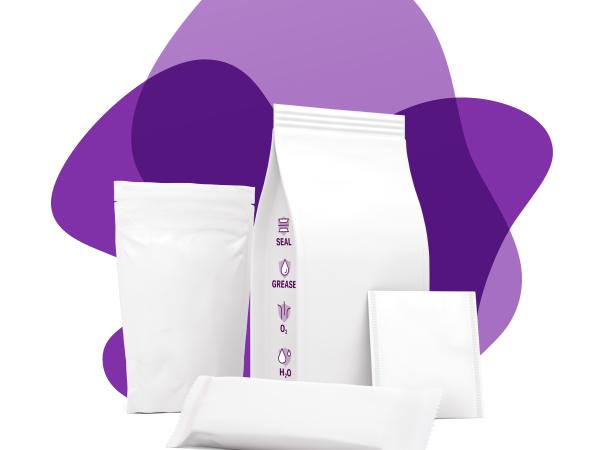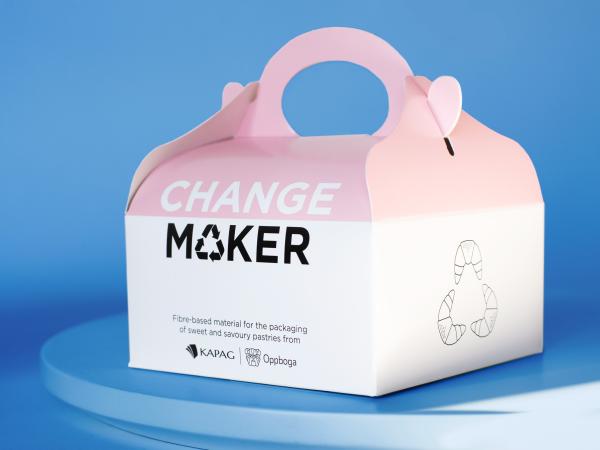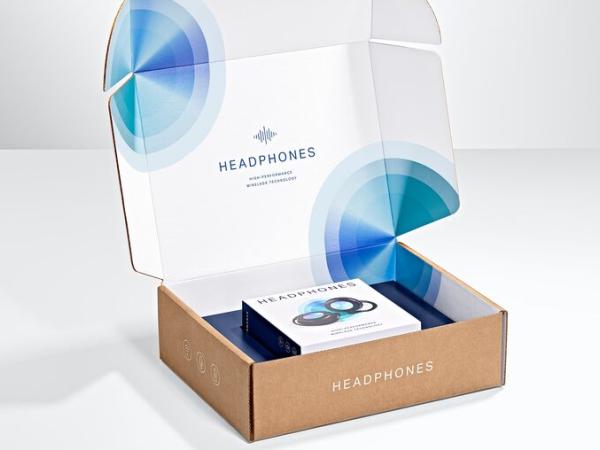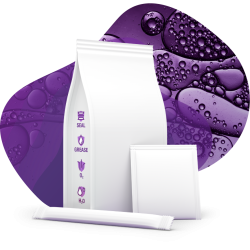
Recycling for the future: Sappi makes it possible!
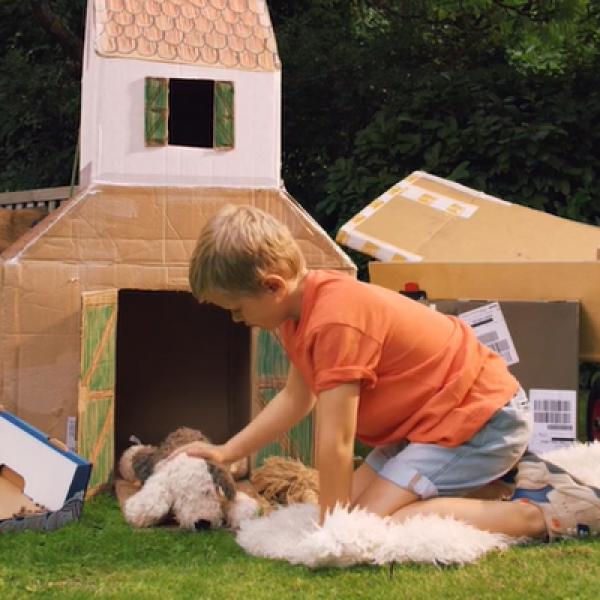
Giving new life to used paper has lasting benefits for the environment. That’s good because paper is one of the most recycled materials on our planet anyway. So, for us, it seems only natural to make the production cycles of paper and paperboard and their environmental impact more transparent for the general public.
That’s why we support the global Two Sides association, which confronts myths about paper production with verifiable facts and why we are expanding our portfolio of recyclable packaging solutions. Consumers value paper recycling.
Across Europe, the recycling rate for paper and folding box packaging waste is a healthy 85.8%. This is borne out by key figures published by the European Union (EU) in the run-up to World Recycling Day on 18 March 2019. Consumers also have clear preferences. According to the PricewaterhouseCoopers study ‘Focus on Packaging – the Role of the Circular Economy on Sustainability’, 85% of consumers emphasised that the sustainability of packaging was important to them. In fact, as many as 95% spoke in favour of packaging using material that can be recycled well. Paperboard and paper, for example, are proving to be the ideal starting materials for packaging, with recycling rates for other materials such as glass (74.1%) and plastic (42%) lagging well behind.
The trend towards greater sustainability is even more pronounced among the younger target group. A similar picture was conveyed by a study initiated by Pro Carton: 80% of all 19 to 29-year-olds stress that environmental friendliness has become more important to them and their families, and more than half (52%) of the respondents said that they specifically look for products in environmentally friendly packaging.
Figures that bode well for the future, and we at Sappi certainly understand that collective and sustainable action for a healthy Mother Earth is more crucial than ever, both on a large and small scale. Take a look at our video to see why we can all benefit from getting even more involved in recycling!

